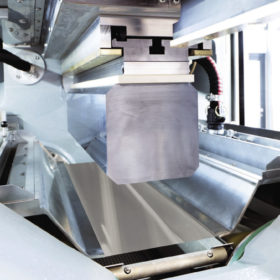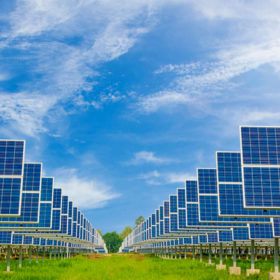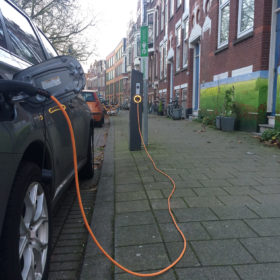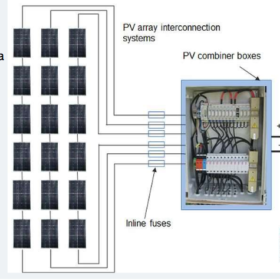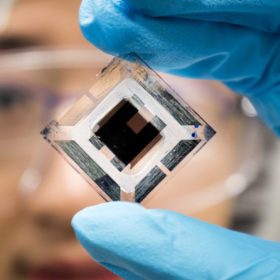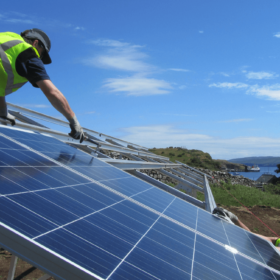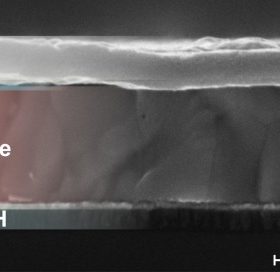The weekend read: Secrets of monocrystalline silicon
Monocrystalline cells and modules are rapidly overtaking multi as the dominant technology in solar markets globally. To understand why, you need to go up the value chain.
PERC cell maker is Risen to the challenge
Chinese high-efficiency cell maker claims its 2 GW production line is churning out double-sided – front and rear passivated – PERC cells with an average efficiency of more than 22.19%, and has promised further process-driven cost reductions.
‘It’s time for politicians to deliver’
With COP24 climate change meeting looming, a German-led e-mobility and renewable energy alliance has signalled it is time for elected members to start delivering on carbon emission reductions before we pass the point of no return.
Don’t bury the problem! What a new standard means for cables in PV plants
A recent pv magazine webinar looked at how a new TÜV Rheinland standard will significantly alter the expectations of cables for direct burial at PV power plants. The high interest from participants meant there were more questions than time allowed. You can now find the responses to those that went unanswered, below.
A 15% efficient solar window that delivers 40% of US electricity
A University of Michigan team hopes to offer a 15% efficient solar window product, which allows 50% of the light through. It has received US$1.3 million from the Department of Energy’s Solar Energy Technologies Office to develop the idea further.
Korean utility develops blockchain-based micro-grid
The micro-grid will convert electricity into hydrogen by using a power-to-gas technology.
Islands ditching diesel in favor of renewables
The U.K. is helping islands in Scotland and the Caribbean, Pacific and Indian oceans, make the switch from dirty diesel generators to renewables. In the former, community-owned renewable systems are ensuring 24 hour energy supply, while in the latter, a new renewable energy analytics platform is set to help identify the optimum energy mix for six islands.
German researchers achieve 25.5% efficiency for perovskite tandem solar cells
The research team was able to improve the cell efficiency by 2.1%. The cell silicon layer was etched on the back-side, while a a polymer light management (LM) foil was applied to the front-side of the device.
MIT: Solar success chiefly due to economies of scale, public policies
Although the report issued by the U.S. scientists recognizes the importance of low-level factors, like improvements in PV components and manufacturing processes, economies of scale and public policies are said to be the high-level mechanisms responsible for most of the cost decreases in solar technology and, thus, its success over the past two decades.
‘Solar cow’ wins Aid Innovation Challenge
Yolk yesterday won the Aid Innovation challenge at the 2018 AidEX in Brussels. Using solar PV in a fun, novel manner, the Korean social enterprise has addressed major social problems in under-developed countries.
